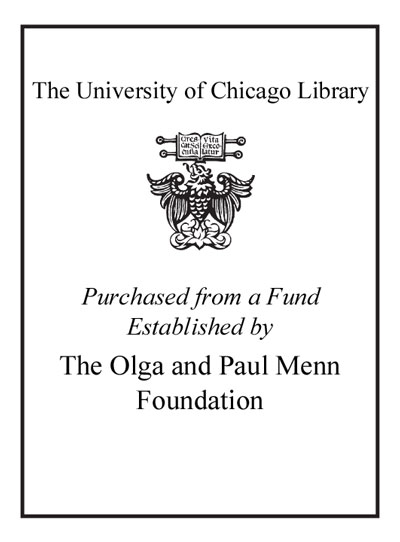| Summary: | A harsh satire of Eighteenth Century London life, John Gay's The Beggar's Opera is a piece well known by students of literature and music. Gay's composition spawned a new genre of musical works called ballad opera whose popularity rapidly caused the decline of Italian opera in London. These well-received ballad operas dominated London's musical theatre from 1728 until the middle of the Eighteenth Century. No other author has looked beyond The Beggar's Opera to analyze the plots of any of these imitative works and their music. The book concentrates on these 'children', or descendants. The author describes a number of ballad operas which proliferated on the heels of the success of The Beggar's Opera. Ballad opera gradually matured into a pastoral, bucolic form (comic opera) and eventually into a highly sophisticated type of musical work (burletta). Several samples of each type of work chosen from the performances most frequently given in London are discussed in depth. These analyses include musical examples from the original scores and evaluations of the dramatic and musical aspects of each work. With the exception of The Beggar's Opera, none of these works or similar ones has previously been the subject of detailed analysis and evaluation. How John Gay Changed the Course of England's Musical Theatre sheds fresh light on the less familiar ballad operas of the Eighteenth Century. Gay's The Beggar's Opera created such a demand for musical satire that original music began to be composed for English comic works. aEdmund Miller, Chairman of the English Department, C. W. Post Campus of Long Island University This is an engaging and unique look at a piece of operatic history out of the mainstream. It invites the reader to explore works that he may not know, along with the milieu in which these musical gems became popular. aKathryn Smith, General Director, Tacoma Opera Dr. Atkins provides an insightful study of Eighteenth Century ballad opera ranging from John Gay's The Beggar's Opera with its political satire and burlesque of Italian opera to the comic operas and burlettas which rounded out the century. This highly readable exposition includes examples of the tuneful airs, and explains the plots of the most popular works of the period. It will delight both musical and literary scholars. aPatricia Azar, Associate Editor, Collected Works of G. K. Chesterton Madeline Atkins has given us a thorough and intelligent study of Eighteenth Century popular English musical theater, and the seminal role of The Beggar's Opera in its development. With the inclusion of numerous musical examples, abundant historical details, and deft, clear analyses, this book is an excellent introduction to a delightful musical genre and period. Atkins successfully accomplishes both of her aims: she informs us about an overlooked yet important era of musical history and she convinces us to want to hear it again for ourselves, and she does it artfully and skillfully. aBarry Sherman, Associate Professor of Communications, St. John's University
|
|---|

